An Unexpected Standoff at Al Abraq International Airport
The Nigerian national football team, fondly known as the Super Eagles, has created a significant stir on the African football stage by boycotting their AFCON 2025 qualifier match in Libya. The decision follows what the team describes as inhumane treatment at the Al Abraq International Airport. Upon arriving for their crucial match against Libya, the team found themselves stranded at the airport for an unbelievable 17 hours. These events unfolded as their chartered flight was rerouted mid-descent, leaving the team perplexed and concerned at the deserted airport terminal.
The Struggle of Unanticipated Delays
Captain William Troost-Ekong and his teammates faced unexpected challenges from the moment their plane landed. Al Abraq International Airport, located in a remote part of Libya, was eerily empty, devoid of the usual hustle and bustle expected at an international airport. As the hours dragged on, the team realized they were at the center of an alarming dilemma. Without essential communication channels, adequate food, or water, the players quickly identified their precarious situation as a serious breach of protocol and human rights. This layover was not just an inconvenience; it was a strategic move by the hosts, exposing the players to unnecessary stress and potential danger.
The Decision to Boycott
The Nigeria Football Federation (NFF), swift in its response, prioritized the team's safety over tournament commitments. Facing the prospect of a dangerous bus journey from the airport to Benina, located south of Libya's capital, Tripoli, the NFF opted to withdraw. This decision was not made lightly, as the consequences of such actions could lead to a forfeiture of points, significantly impacting Nigeria's standing in the tournament. Nonetheless, the safety of the players and support staff took precedence.
Photos Tell a Grim Story
Troost-Ekong, determined to shed light on the harrowing experience, shared images of his teammates trying to rest on the hard airport seats. The visuals paint a picture of weariness and despair as players attempt to find solace in an unwelcome environment. Locked airport gates and the absence of any form of hospitality left the team feeling isolated, with no access to the outside world or support—an ordeal powerful enough to resonate as a 'psychological game' against the team.
Strategic Appeal to CAF
In response to the grievances, the NFF advanced with a formal complaint to the Confederation of African Football (CAF). Such an appeal is not without precedent, as international sports bodies have protocols for addressing human rights infringements experienced by teams during international competitions. However, as the diplomatic scenario unfolds, the Nigerian Embassy in Libya finds its hands tied, needing authorization from the Libyan government before any intervention can occur.
Echoes of Support and Stern Penalties
Amidst the chaos, voices emerged rallying behind the Nigerian team. Victor Ikpeba, a former African footballer of the year who traveled with the team, voiced his support for the boycott. He firmly suggested that Libya, given its unstable political climate, poses significant enough risks to be banned from hosting or participating in international football matches. Such commentary alludes to broader safety concerns that transcend the sporting world, emphasizing the complex interplay of sports and political stability.
Background Tensions
This development is particularly striking against the backdrop of Nigeria's recent performance against Libya. Merely a week ago, the Super Eagles celebrated a hard-fought 1-0 victory over their Libyan counterparts in Uyo, Nigeria. The change in dynamics was apparent as celebrations turned into conspiracy-laden turmoil, bringing the preparedness and management of international sporting events into question.
A Need for International Intervention
This incident with the Nigerian team may be an isolated event, but it highlights a need for established international safeguarding measures to protect sports teams globally. As influential as sports are in fostering unity and cultural exchange, they must be executed in secure conditions, free from political interference or psychological manipulation. Moreover, sports federations and governing bodies have a duty to ensure transparency and communication are upheld between host nations and visiting teams.
Conclusion: Pressing Forward Amidst Uncertainty
While Nigeria's standoff in Libya might have immediate ramifications for the team's qualification journey in AFCON 2025, the episode places a spotlight on broader issues of security and diplomacy in sports. As stakeholders mull over the next steps, the Nigerian team sets a powerful precedent, highlighting the importance of human dignity and respect. It remains to be seen how CAF addresses the formal complaint, but the Nigerian contingent has undoubtedly called on the international community to reassess how sporting events are organized and executed across continents, especially in regions with unstable governance.

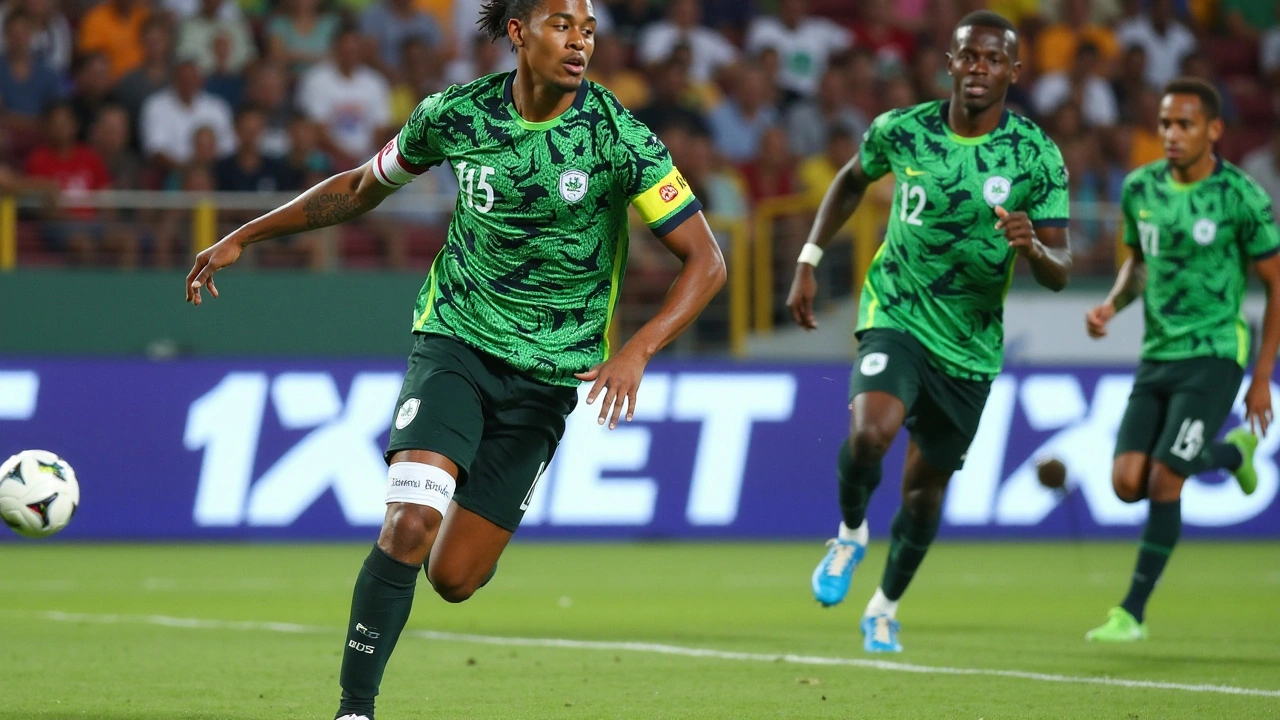
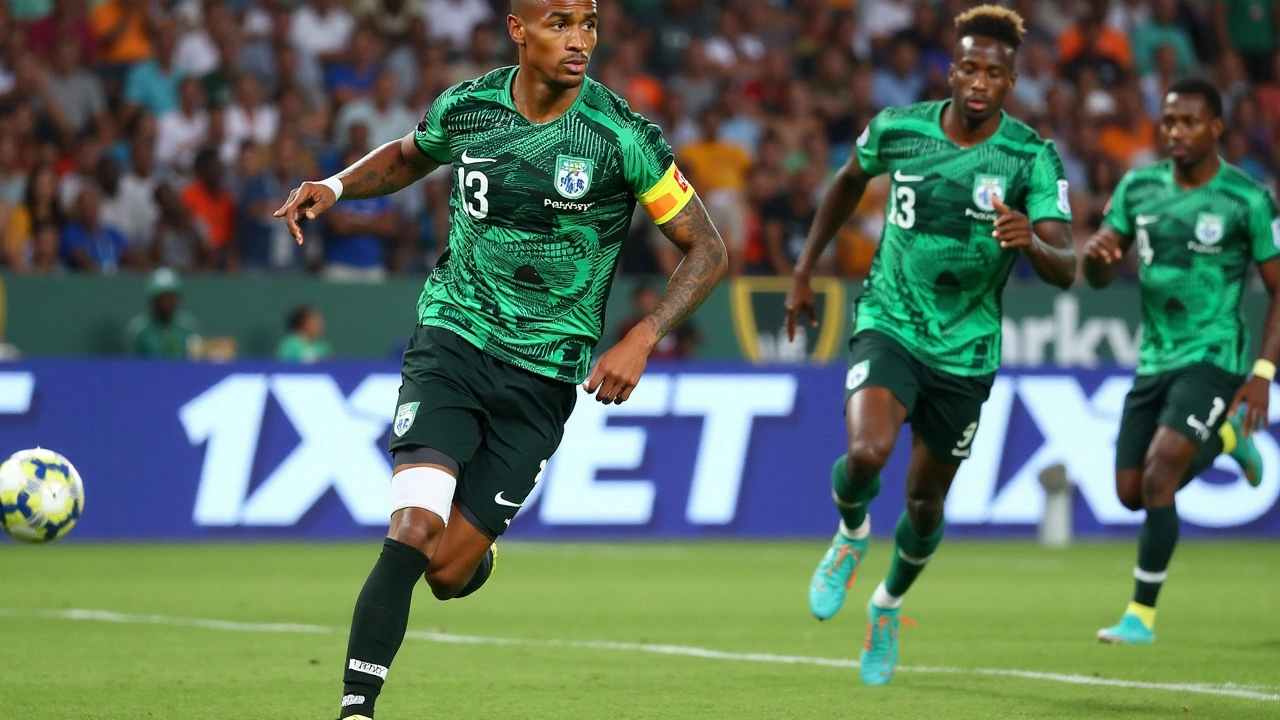
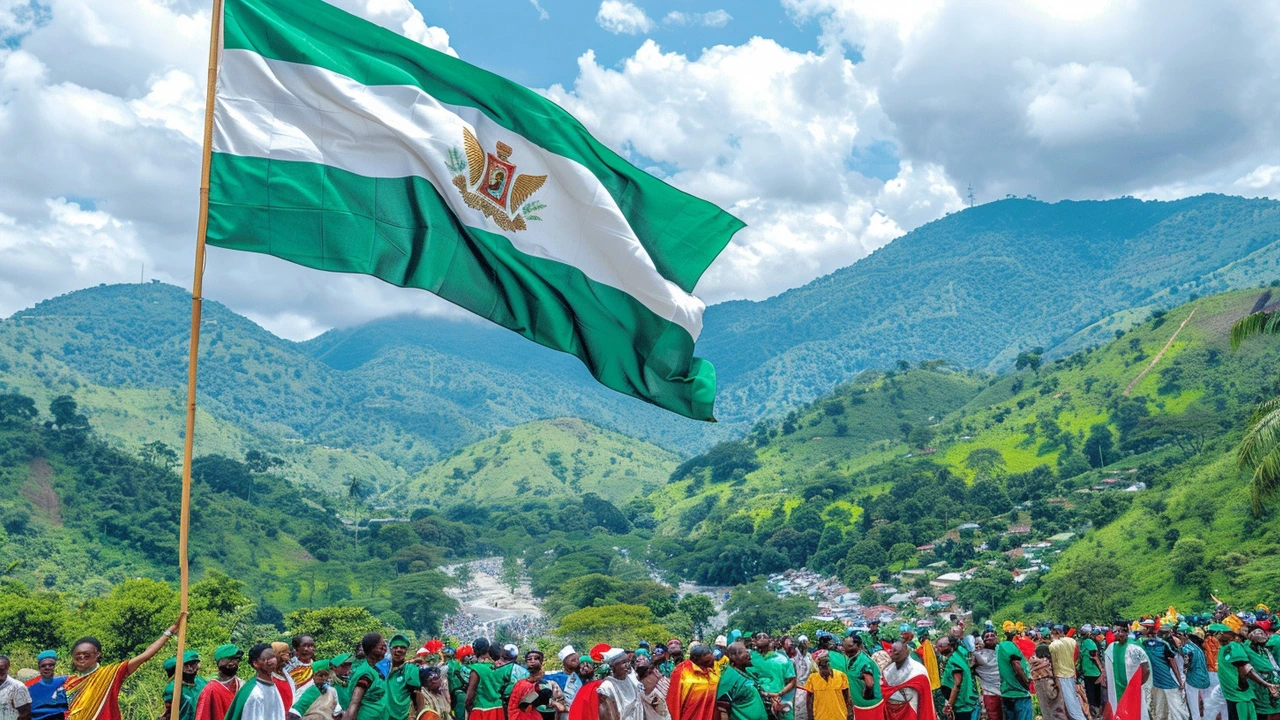
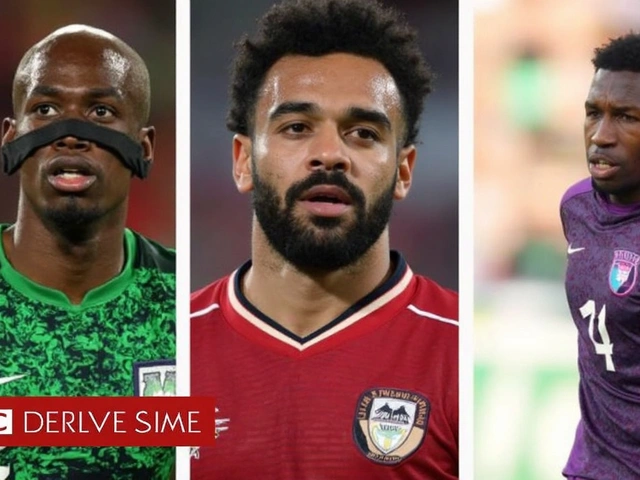

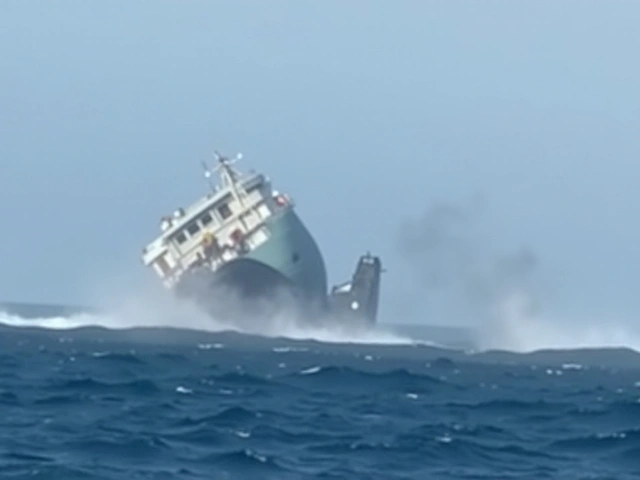

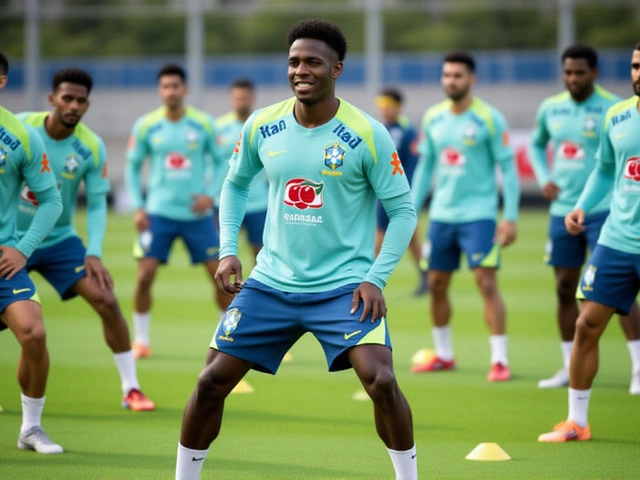
shivam Agarwal
October 15, 2024 AT 13:11The situation faced by the Super Eagles in Libya raises serious concerns about player welfare.
A 17‑hour confinement in an empty terminal is far beyond a routine travel delay.
When athletes are stripped of basic necessities such as food, water and proper rest, their performance and health are jeopardized.
International governing bodies have a responsibility to enforce standards that protect participants, regardless of the host nation’s political climate.
The NFF’s decision to prioritize safety over a single qualifier demonstrates a commendable commitment to human dignity.
Such actions send a clear message that no team should have to endure inhumane conditions for the sake of a match.
Holding hosts accountable also encourages future organizers to improve logistics and communication protocols.
It is worth noting that the psychological strain of being left stranded can have lingering effects on both mental and physical readiness.
Players deserve to compete on a level playing field, which includes respectful treatment during travel.
The incident also highlights the broader issue of how sports intersect with geopolitics in unstable regions.
When diplomatic channels are blocked, athletes often become the unintended victims of larger conflicts.
Therefore, a coordinated response from CAF and other continental bodies is essential to prevent a repeat of this scenario.
Transparent investigations and appropriate sanctions can deter similar tactics in the future.
Meanwhile, fans worldwide should stand in solidarity with the players and support their right to safe competition.
Ultimately, safeguarding the human aspect of sport preserves the spirit that unites us across borders.
MD Imran Ansari
October 15, 2024 AT 18:45Wow, that was a nightmare for the lads! 😱✈️ It’s crazy how a simple layover turned into a 17‑hour test of endurance. The images you shared really hit home – you can see the exhaustion on their faces. Kudos to the NFF for taking a stand; safety should always come first. 🌍⚽️ Let’s hope CAF steps up and makes sure this never happens again. 🙏💪
walaal sanjay
October 16, 2024 AT 00:18THIS IS EXACTLY WHY WE CAN’T TRUST SOME NATIONS!!! THEIR GOVERNMENT IS A DISASTER!!! IF LIBYA CAN TREAT OPPONENTS THIS WAY, THEY SHOULD BE BANNED FROM ALL FUTURE TOURNAMENTS!!! NO EXCUSE, NO COMPROMISE!!!
Umesh Nair
October 16, 2024 AT 05:51lol who cares, they should just play the game no matter what.
kishore varma
October 16, 2024 AT 11:25yeah, the whole thing’s a mess, but keeping the spirit alive is what matters 🕊️⚽️ maybe next time they’ll sort out the logistics better, fingers crossed 🤞✨